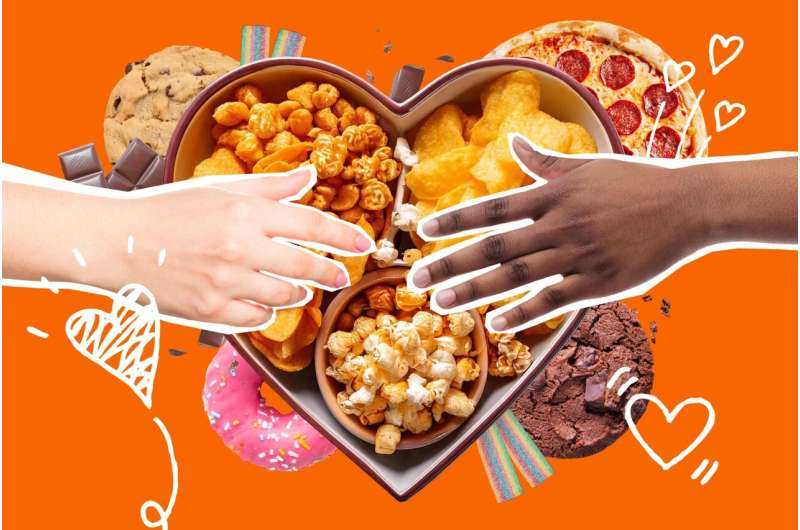Contrary to popular belief, new research from the University of Virginia suggests that when your partner’s behavior is negatively impacting your relationship, you may actually eat less rather than more. This unexpected finding highlights the complex interplay between romantic relationships and our eating habits. While emotional overeating is a common coping mechanism, the study reveals that for some individuals, relational stress can temporarily suppress snacking behavior.

The Surprising Link Between Relationship Stress and Snacking
The study, published in the journal Appetite, analyzed 14-day diaries kept by 100 couples who were asked to record negative relationship behaviors and their snacking habits. The findings were quite unexpected – as relationship conflict or other negative events occurred in the couples’ lives, their snacking behaviors actually decreased.
“When you have these kinds of moments of relational stress, interestingly enough, snacking for individuals goes down,” said Jennifer MacCormack, an assistant professor of social psychology and the director of the Virginia Affect & Interoception Laboratory. “That actually surprised us because it was a little different than what we had anticipated.”
Understanding the Dynamics of Relationship Stress and Eating Behaviors
The researchers focused on snacking rather than full meals because snacks often go beyond a person’s typical fuel intake at breakfast, lunch, and dinner. “Snacking behavior is probably what’s going to be more affected by these emotional shifts in our relationships,” MacCormack explained.
The study’s findings have important implications for long-term health and well-being. “I think it’s important that when we think about people’s diets and their metabolic health, it shows that people are not in a vacuum,” MacCormack said. “Their relationships really do matter for shaping the dynamics of their eating behaviors.”
Exploring the Exceptions: Emotional Overeaters
However, the researchers noted that the trend of decreased snacking during relationship stress did not hold true for individuals who were already predisposed to emotional overeating. For these individuals, the negative relationship behaviors may still trigger unhealthy coping mechanisms, such as turning to comfort foods.
This nuanced understanding highlights the need for personalized approaches to addressing the intersection of relationship dynamics and eating habits. By recognizing the unique factors that influence each person’s relationship with food, healthcare professionals and support systems can better tailor their interventions to promote long-term health and well-being.
